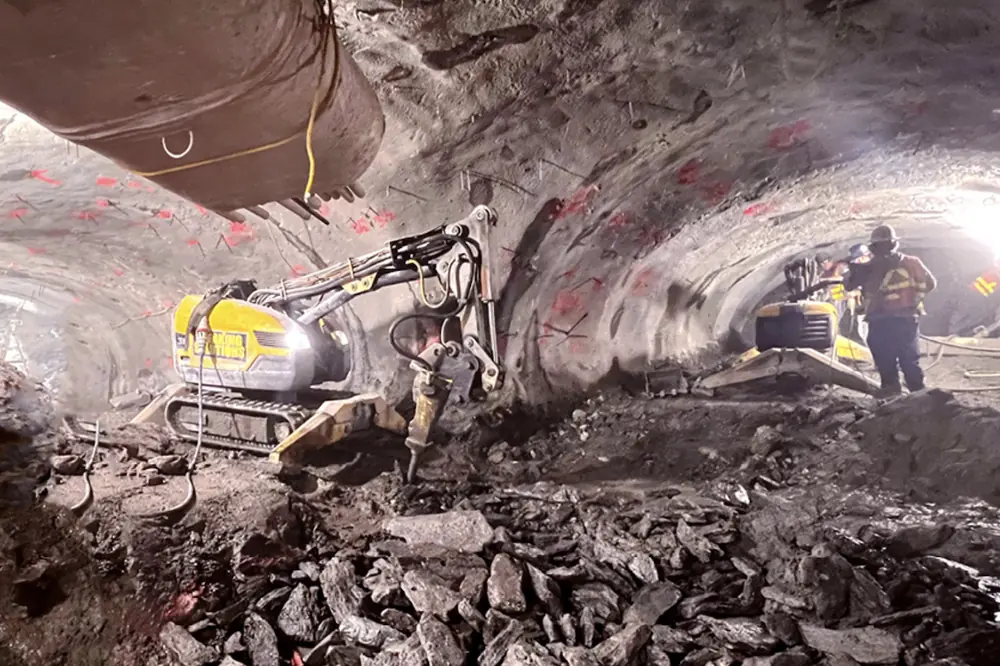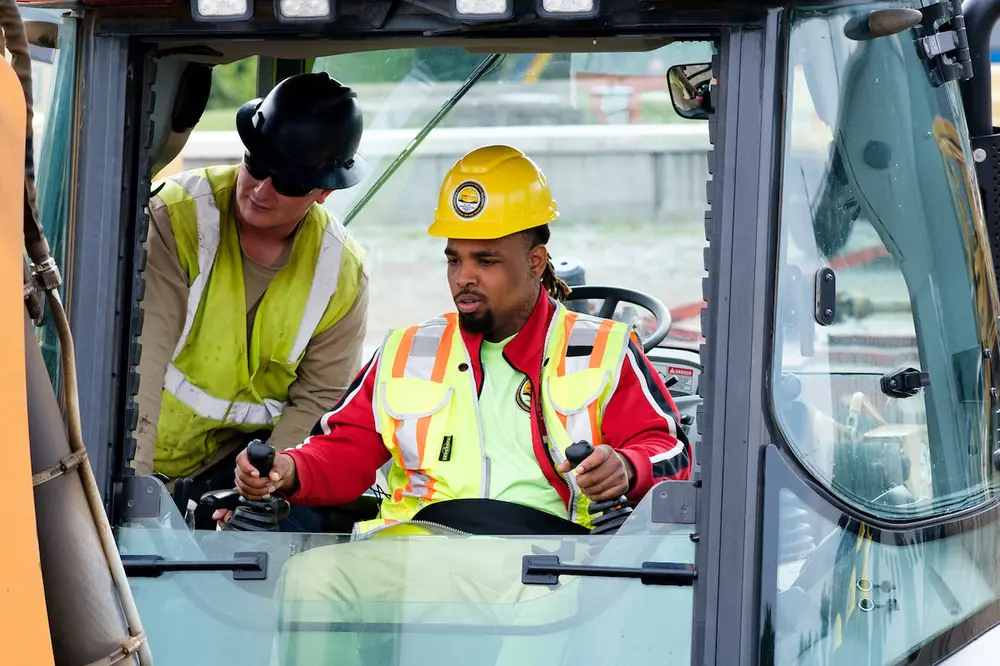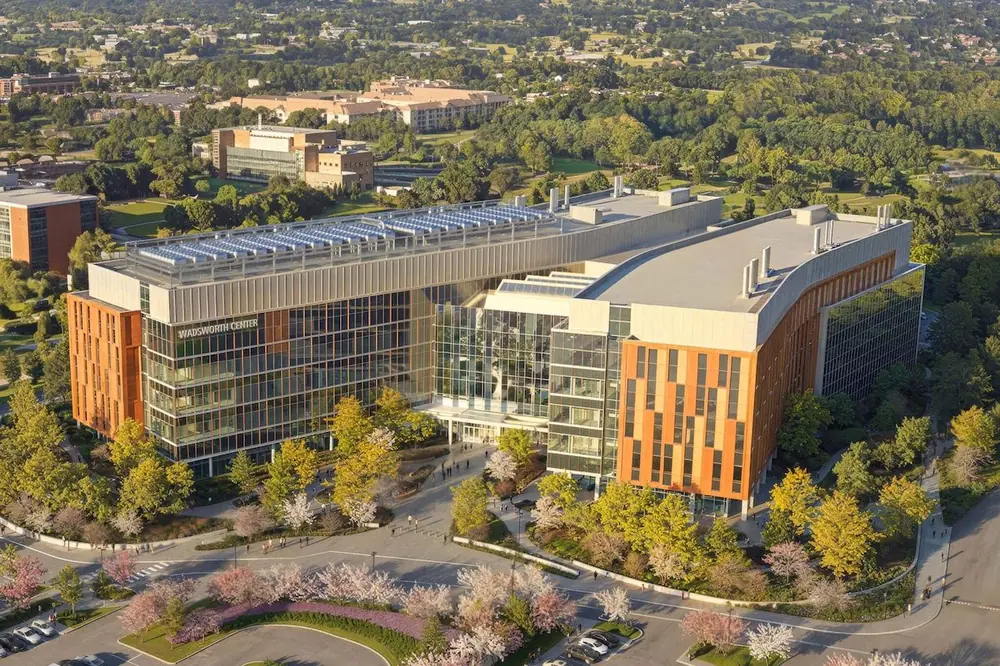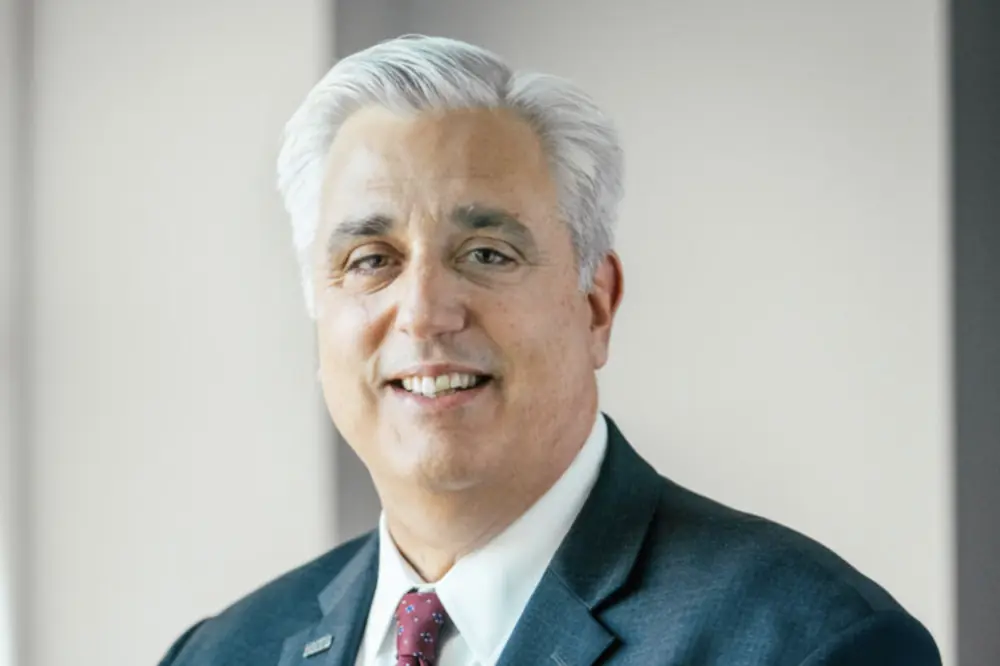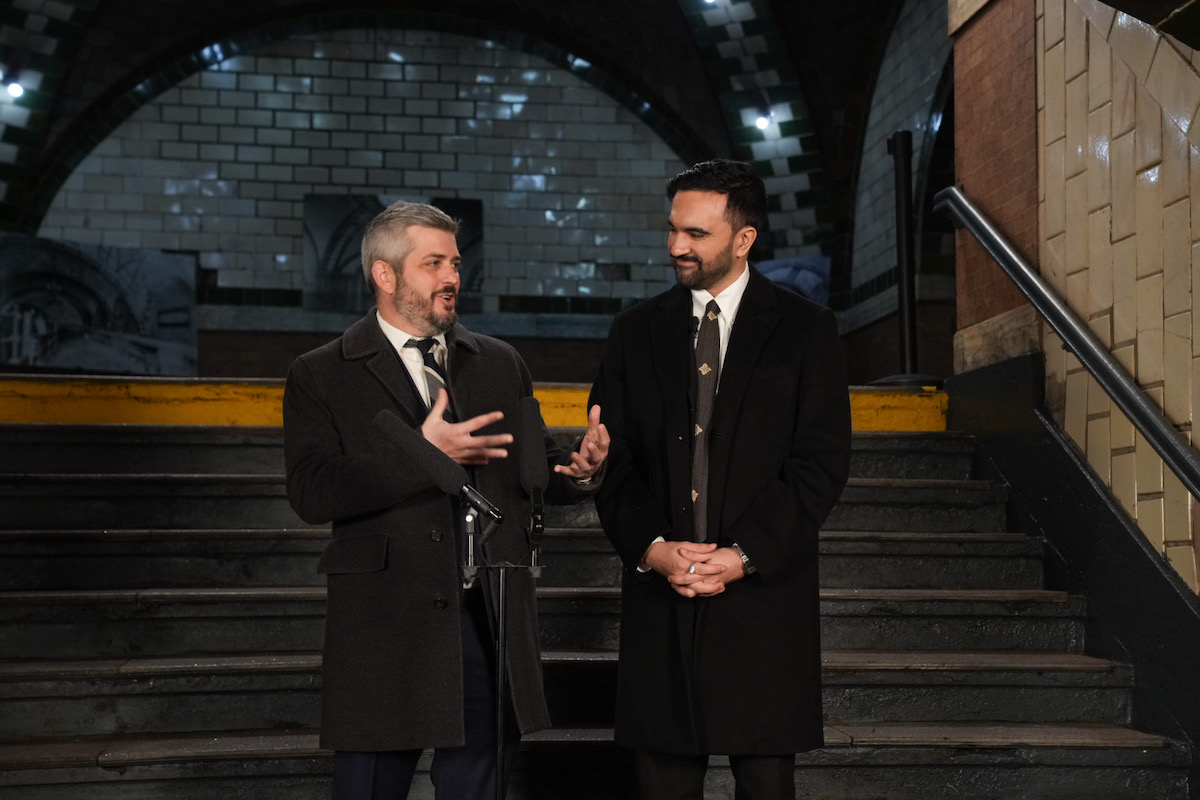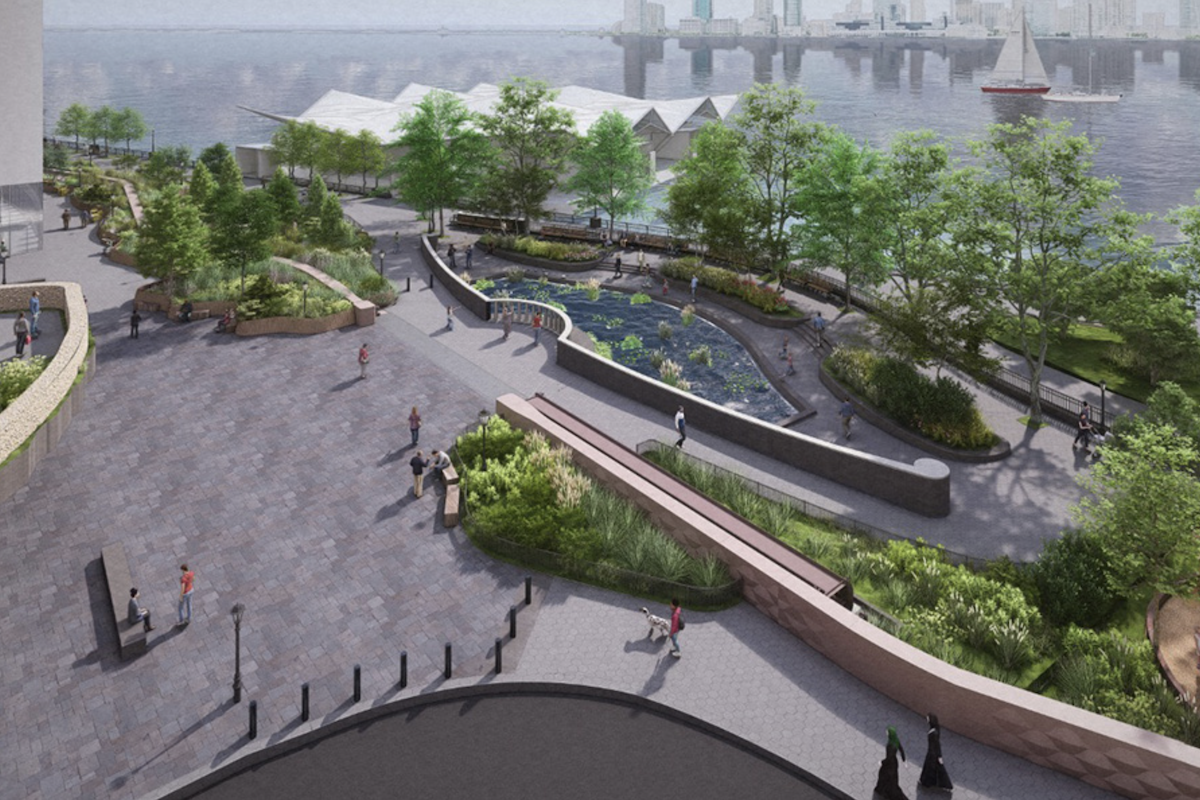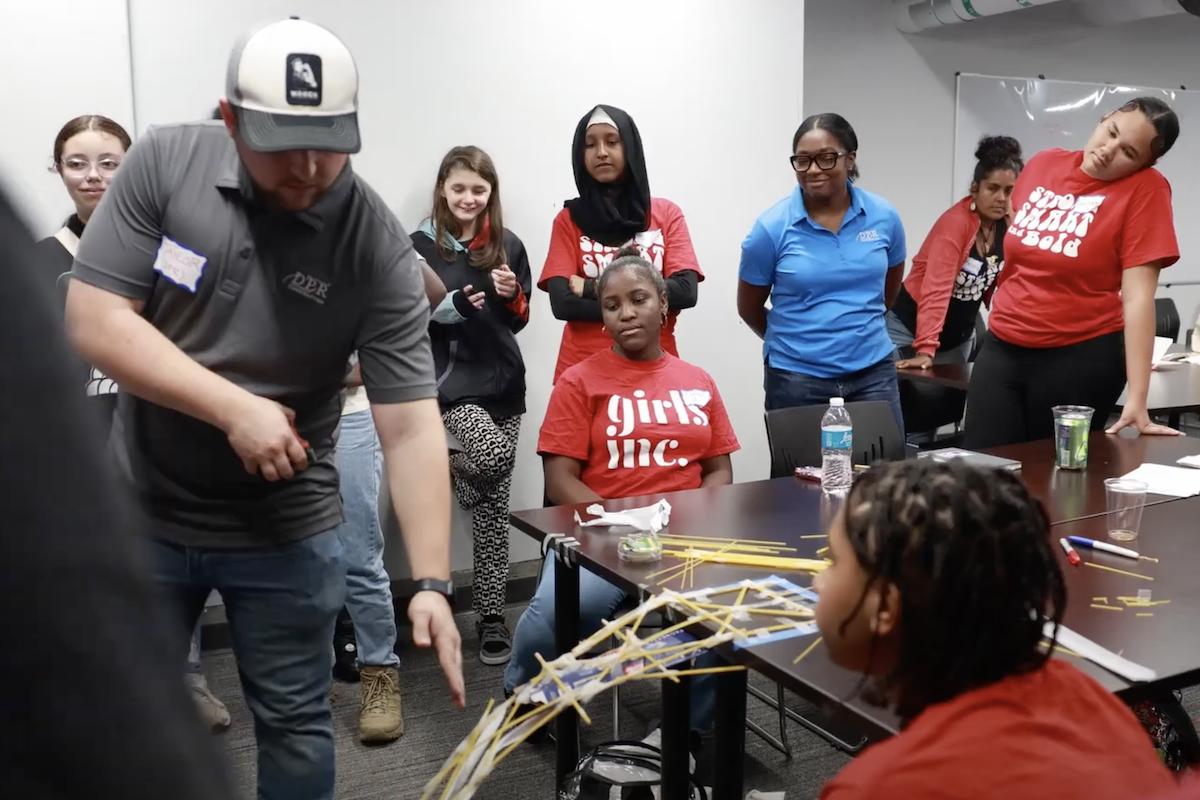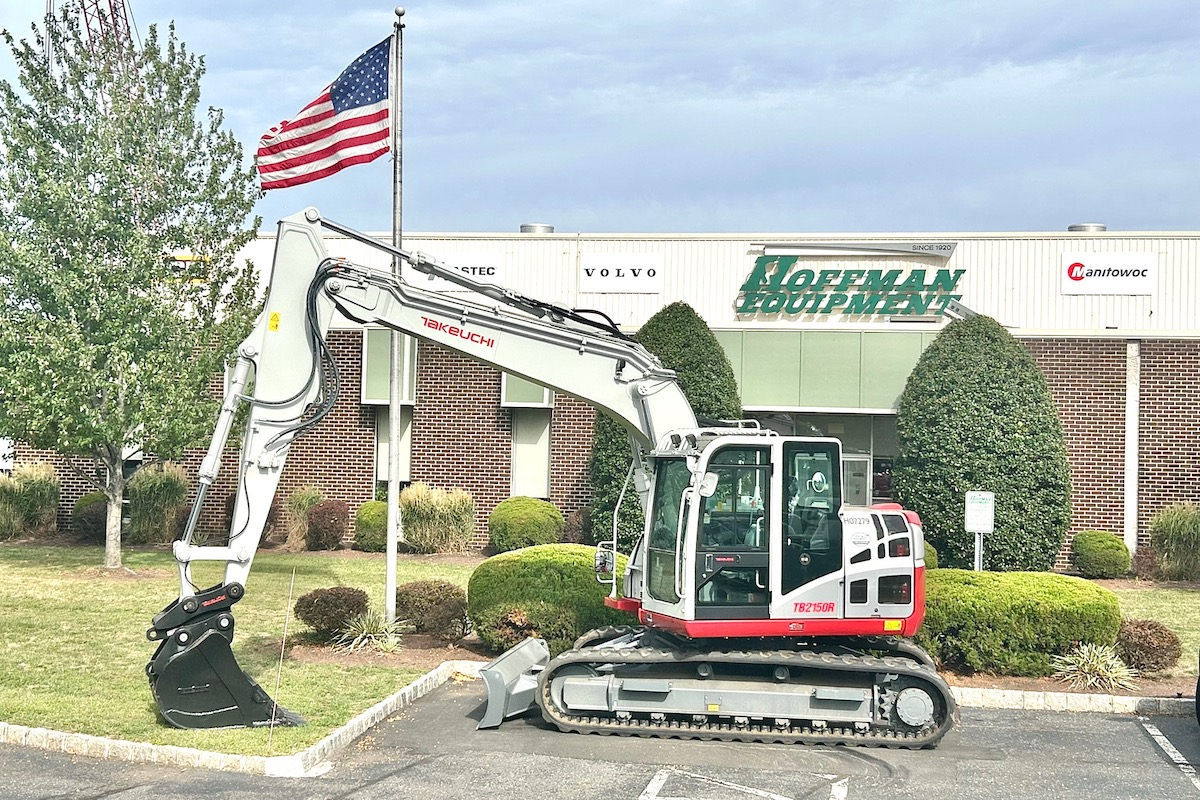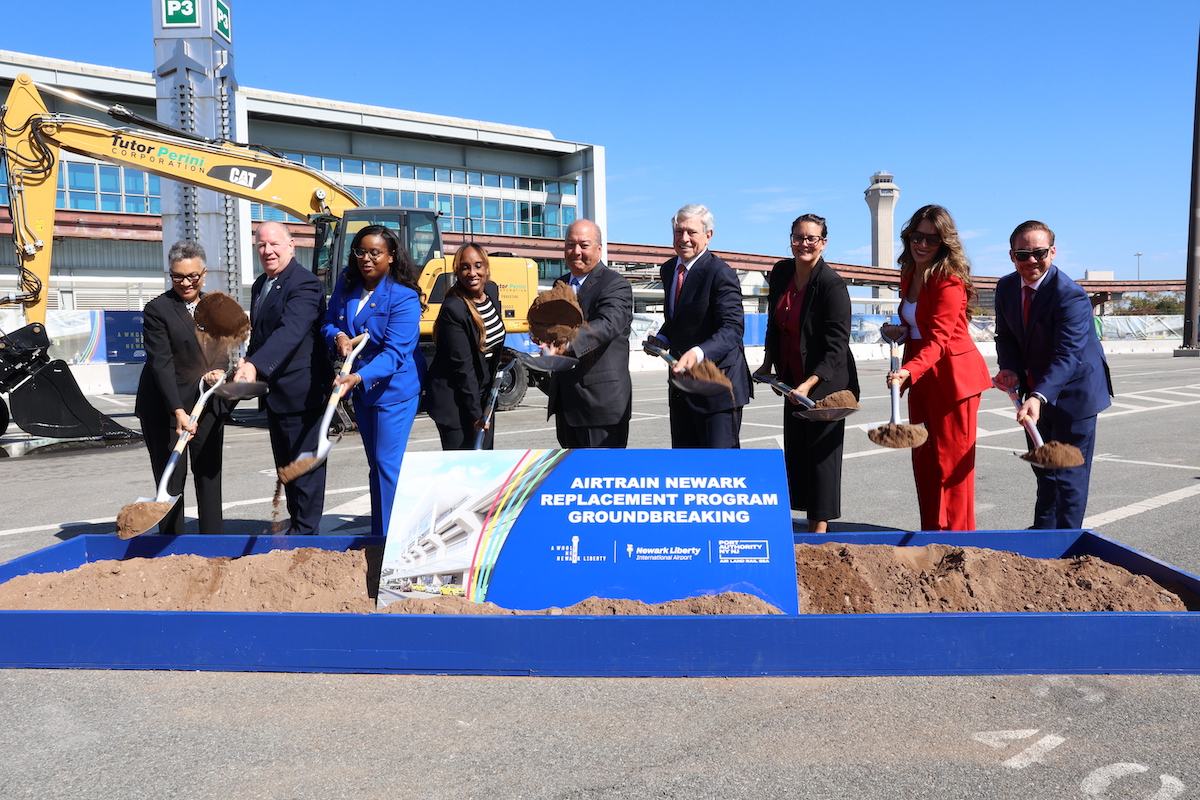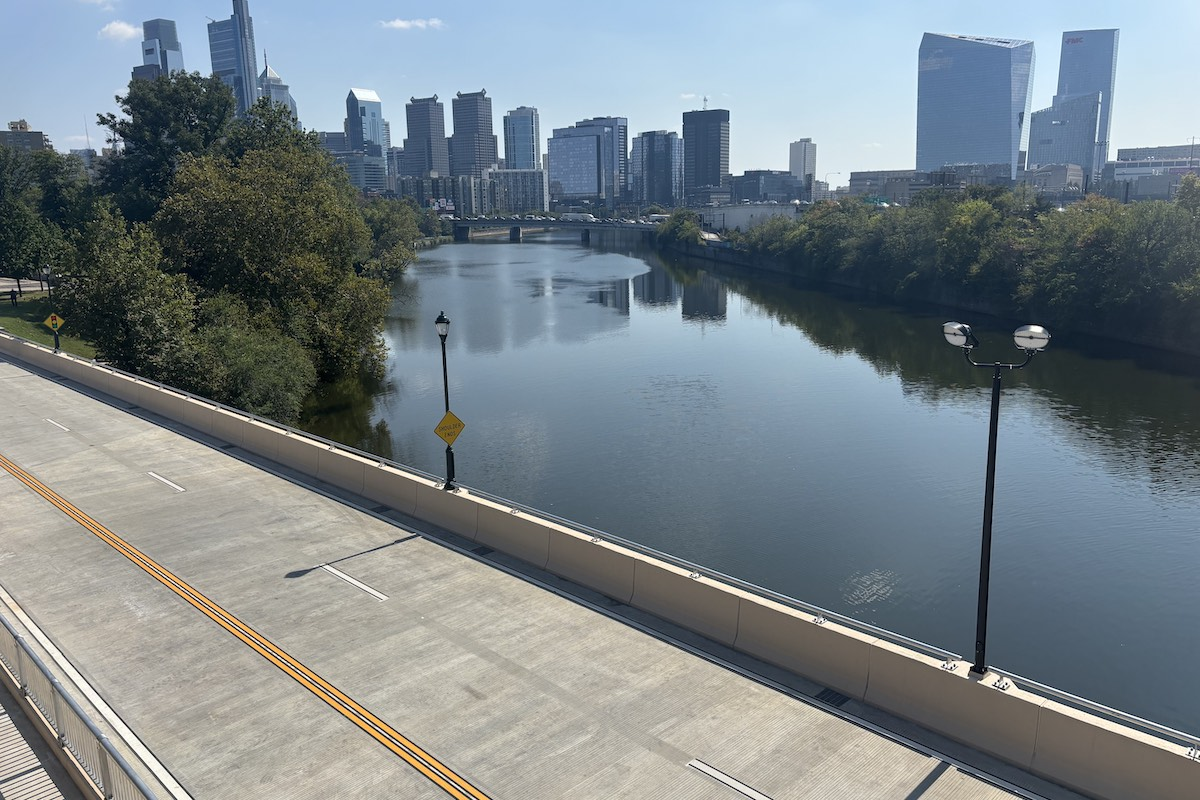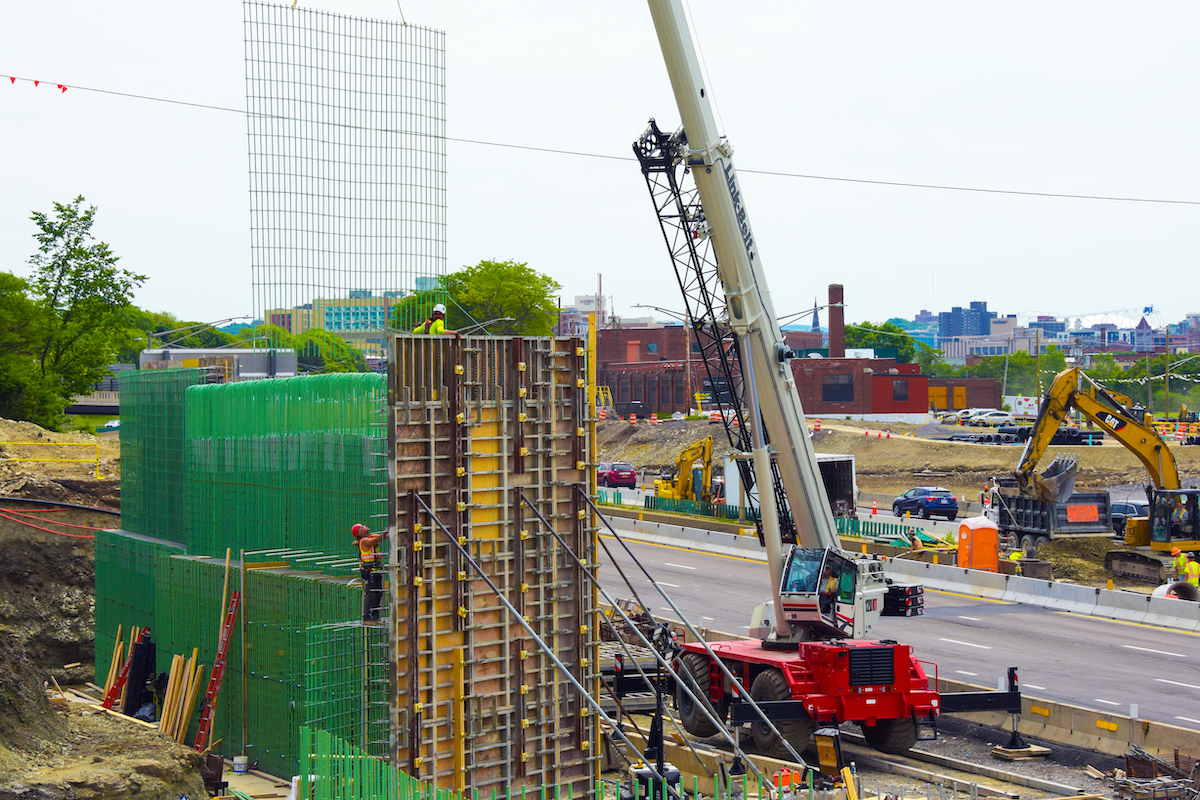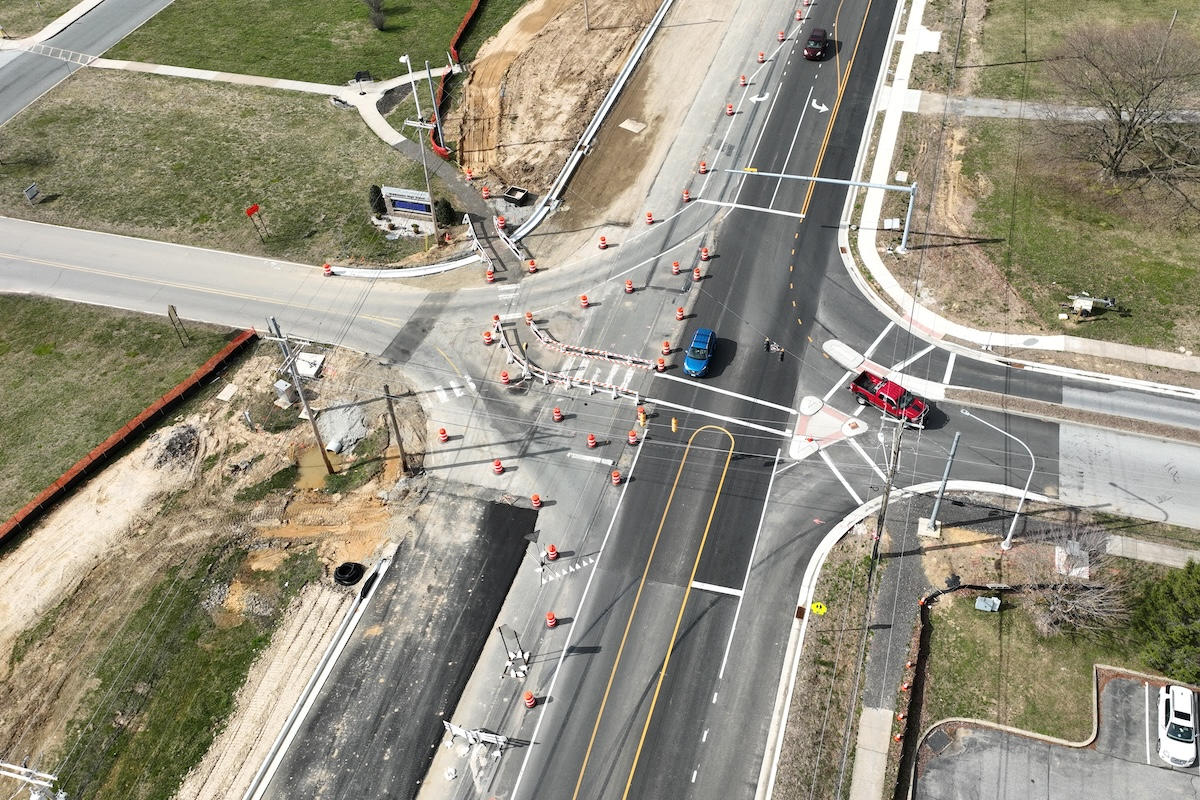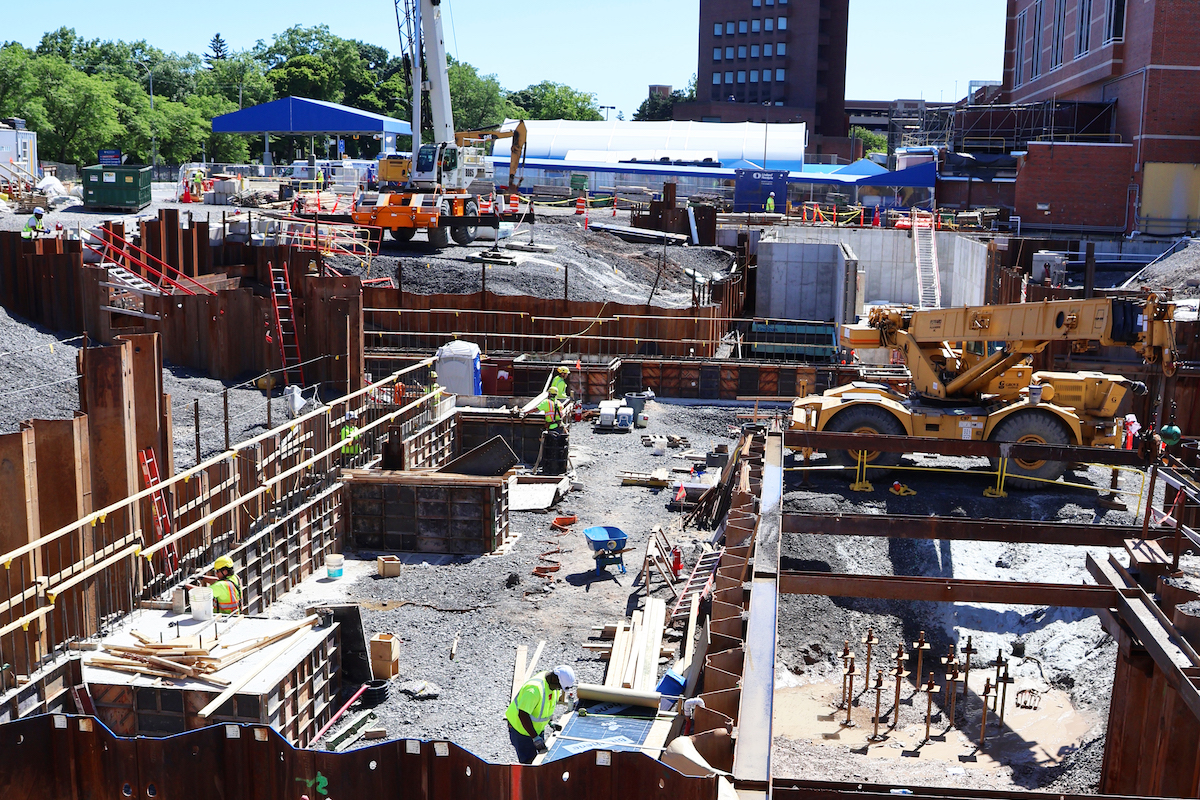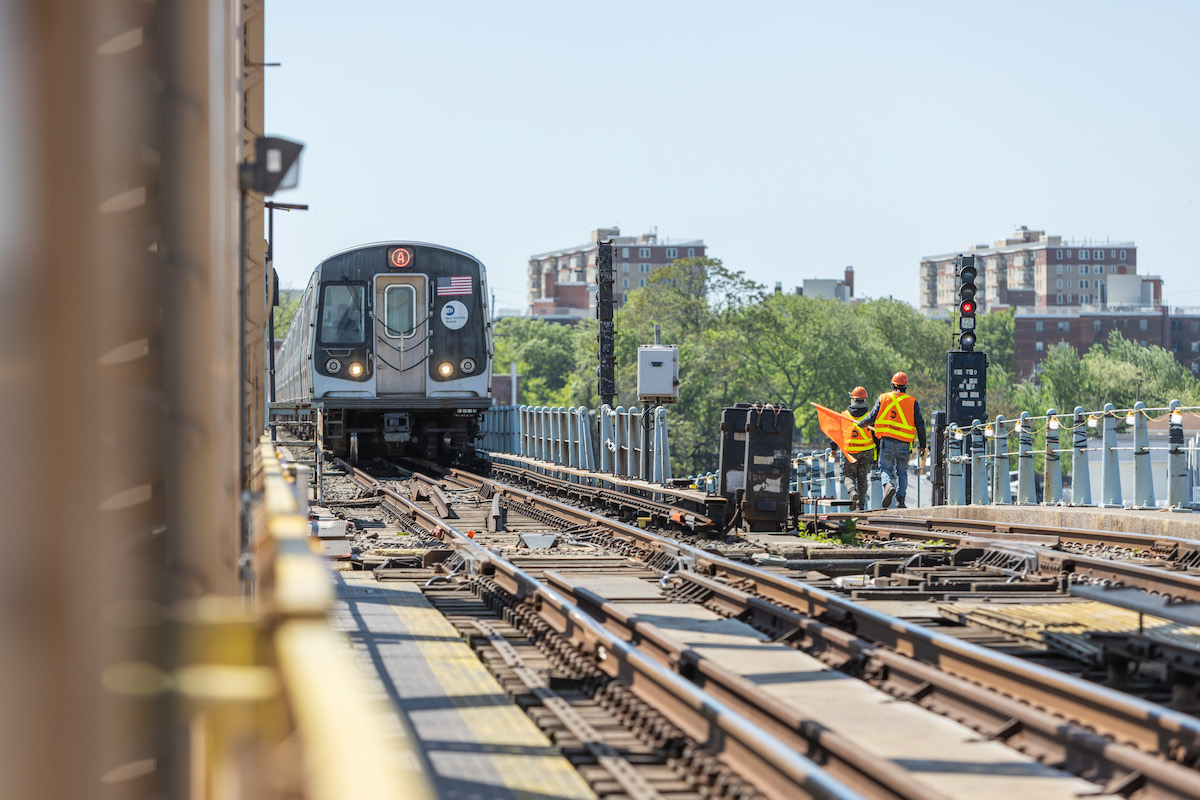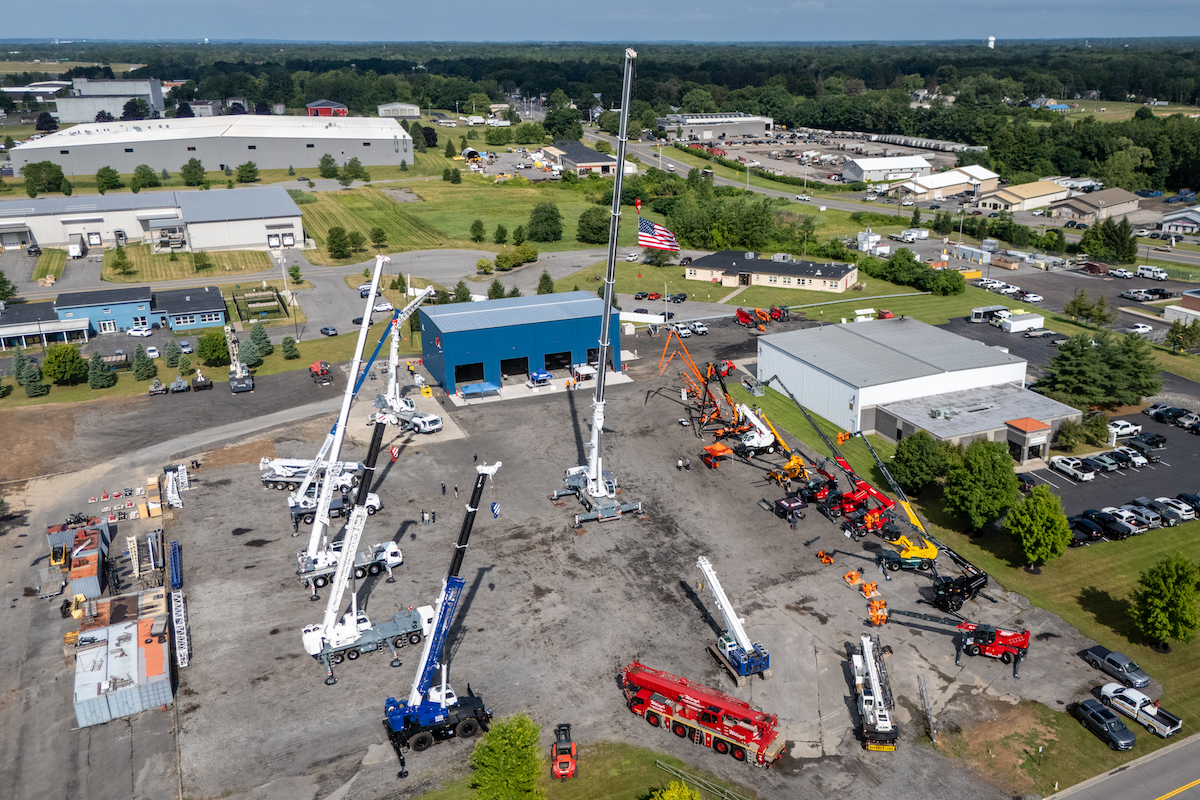The BCA and Irving Materials Inc. (IMI) teamed up to present the 2023 BCA IMI Excellence in Construction Awards to recognize outstanding projects and the work of BCA members. This program celebrates commercial projects completed last year and located within 75 miles of Fort Wayne. This year marks the 20th annual awards program and presentation.
Brian Gerig of Irving Materials Inc. stated, “IMI is proud to partner with the BCA to recognize such remarkable construction projects in northeast Indiana. The teams came together – from the contractors, architects, engineers, and suppliers – to ensure successful projects for the owners. Building better together, like the BCA’s mantra.”
Awards were given in five categories: Specialty, Under $1 Million, $1 Million to $5 Million, $5 Million to $12 Million, and Over $12 Million. A panel of industry experts evaluated projects based on a weighted scale for uniqueness, significance/impact to the community, job safety record, and BCA member involvement. The following projects took first place in each of the respective categories.
Pontiac/Wayne Trace Roundabout Renovation and Beautification Project
The Pontiac/Wayne Trace Roundabout Renovation and Beautification Project submitted by Kissinger Electric took top honors in the Specialty Category. Kissinger was the contractor responsible for lighting and controls on the project.

| Your local Trimble Construction Division dealer |
|---|
| SITECH Allegheny |
| SITECH Northeast |
| SITECH Allegheny |
| SITECH Northeast |
The following work was needed to assist in the beautification of the Pontiac Roundabout project:
- Power throughout the underpass and island.
- Conduit for fiber optics and communication.
- Installation of valances and LED lighting under the viaduct.
- Setting of six towers – three per side – consisting of 18 feet, 20 feet, and 22 feet tall.
- Fabrication and mounting of LED vertical tube lighting inside the entire length of each tower.
- Setting 18 LED spotlights on the outside to highlight each face of the towers.
- Connecting all lighting to fiber and copper communication lines.
- Setting power control panels and building software for lighting sequences that allow the lights to be interactive.
Some challenges for the project were the electrical and electronic aspects, as the site is nearly 1,000 feet from end to end with over 500 linear feet of light fixtures. Everything was custom designed with standard materials. In addition, the project’s location at a busy intersection required workers to be constantly aware of their surroundings and traffic.
This project brings attention back to an area that was once the industrial backbone of the city. Its renovation pays homage to the area’s past, present, and future, represented by the varying heights of the towers. The neighborhoods in the area are culturally diverse, and future lighting sequences will reflect that – shining a light on not only the past, but also the future.
Manchester University Bell Tower
The Manchester University Bell Tower received the award in the Under $1 Million category. The project was submitted jointly by Michael Kinder & Sons and Design Collaborative. Michael Kinder & Sons served as the contractor for the project. Design Collaborative served as the architect.
The new tower was dedicated 100 years after the original 10 bells were cast and dedicated in 1922. The bells were housed in a tower on top of the Administration Building, with the largest bell being over 49 inches in diameter and weighing 2,369 pounds. The bells were last played in 2019 when the Administration Building was shuttered, and the bells were removed in August 2021. The Administration Building was demolished a few months later.
The new tower is 50 feet tall, located in the center of Manchester University’s mall. The tower’s height and width were designed to maximize the size that could be transported to the site economically via a semi-trailer. In the current tower, four additional bells were added to this design. In addition, distinct brick and cast stone materials were used to match the existing buildings surrounding it.
As part of its innovative design, the bell-playing mechanism is computer controlled via a digital keyboard in the adjacent Academic Building. The tower can be played manually to maintain its heritage, but it can also be turned off so players can practice, hearing the bells only through their speakers. Music can also be played, then saved, to be triggered remotely via an app.
The bells were constantly referred to as a beloved part of the student's experience at the school and with community members. There was a lot of excitement surrounding the project bringing back the historic sound of bells. However, current freshmen, sophomores, and juniors have never heard the bells play across campus – until now.
PPG Electric Works Clinic
In the $1 Million to $5 Million category, the PPG Electric Works Clinic received top honors. Design Collaborative was the architect and engineer for the project. Weigand Construction served as the general contractor.
The uniqueness of this project is embodied in the bold decision by the owner to choose this specific tenant space on the overall Electric Works Campus. Located in the heart of downtown and sitting vacant for more than five years, Electric Works Campus – formerly General Electric Co. – is receiving new life in the form of restaurants, learning centers, offices, and now a walk-in clinic. The space is dominated by the uniqueness of a 30-foot-tall clerestory level, allowing natural daylight down into the former-warehouse space.
Since the interior layout required private exam rooms, the design team needed to not only engineer a functional "deck" to span across the enclosed spaces below the clerestory, but also design a system of tube steel that would create the illusion of an otherwise conventional, dropped roof deck. Light fixtures, systems, and other horizontal aesthetic lines were drawn at this new ceiling plane to create a cohesive, clean space in the public corridors and lobby. This datum was created as a design solution and became a unifying feature of the project.
During its construction, Heritage Consulting Group worked with Design Collaborative architects and engineers to guide the interior spaces on how best to adopt the historical significance of the campus. As a result, most of the existing masonry walls were left exposed, which is unique for clinical space and celebrates the character and context of the campus for which it’s located.
The overhead existing wooden roof deck was not strong enough to support the new overhead x-ray room equipment, so the design team had to adapt the construction approach of the imaging equipment to include a free-standing structural frame, pure adaptation, and factor of the age of the existing building.
Over the past few years, Parkview Health has been advocating for extending its community outreach to corners of Fort Wayne that perhaps have been underserved by the major healthcare markets in the region. By implementing an outpatient clinic, Parkview invested “skin in the game” in the overall mission of the Electric Works development to create “a lively district of innovation, energy, and culture – smack dab in the middle of Fort Wayne.”
Trine University Steel Dynamics Inc. Center for Engineering & Computing
The Trine University Steel Dynamics Inc. Center for Engineering & Computing was awarded the win in the $5 Million to $12 Million category. Design Collaborative was the architect and engineer for the project.
The building was designed to not only connect Trine University’s renowned engineering programs located in Fawick Hall and the Bock Center for Innovation and Biomedical Engineering, but also to link the eastern academic core of campus to the western housing/athletics core of campus with a three-story-tall indoor connection, which became known as Thunder Alley – a nickname born in the design phase that stuck.
The renovated facility includes a student community hub, creative lab space, a grab-go space for quick snacks, classrooms, and specialized computer labs. The exterior of Trine’s renovated engineering building features a large glass wall that allows an incredible amount of natural light to filter through the interior space, modern geographic cutouts that express connection through structural detailing, and materials unique to Trine and seamlessly tie in other campus buildings.
The building's location required working around significant campus infrastructure, most notably relocating a primary power feed before construction could commence. Soft soil conditions also required advanced foundation systems to improve bearing capacity.
Thunder Alley, Trine’s community hub for students, runs alongside the glass wall and spans up through two floors. This open space includes several seating options, giving students a variety of study and hang-out areas. Specialty labs in the building include the Makerspace and a virtual reality lab. The second-floor corner classroom features two glass walls, bringing in natural light and views of the campus for students.
Extensive glazing was used on both the interior and exterior of the building. Within Thunder Alley, CLiC glazing by Cardinal Glass allows instructors to turn the glazing surrounding the Maker Space opaque or transparent with the click of a switch.
Electric Works
Electric Works was the winning project in the Over $12 Million category. Elevatus Architecture served as the architectural design team lead. Weigand Construction was the construction manager for the project.
Breathing new life into a sprawling and crumbling 1 million-square-foot historic industrial campus in downtown Fort Wayne is the definition of unique – it had never been done before. More than 1 million hours of labor went into the massive project, including restoring more than 100,000 square feet of masonry, 10,000 cubic yards of new concrete, more than 2 acres of new pavers, and nearly 300,000 square feet of new roofing.
Over 90 percent of this project was performed by specialty contractors, vendors, suppliers, architects, engineers, consultants, and of course, the hardworking tradesmen and tradeswomen were from Fort Wayne and surrounding communities. This represented 3,637 jobs during construction and the payroll to go along with it.
In blazing through this uncharted territory, there came with it a new set of challenges, which, in turn, gave rise to innovative solutions. Some of the challenges the team faced were ensuring that the unique history of the campus was preserved and presented throughout the buildout and keeping the project on time.
The team had to adhere to the design guidelines required under the National Register of Historic Places. This meant using the original brick throughout the campus, preserving as much of the initial structure as possible, and giving any additions to the campus a look distinct from the actual historical buildings.
With the campus’s history being top of mind, sections and pieces of the first construction were revitalized, using the buildings to tell the story of the past. As a result, what once was a dilapidated, unutilized space in the city is now buzzing with new life that can be enjoyed by those of all ages and vocations.
Long considered an eyesore by those in the community, the former General Electric Campus is a 1.2 million-square-foot step in Fort Wayne’s initiative to revitalize, bring new opportunities, and breathe vitality into its downtown region.
With tenants like Do it Best, Parkview Health, Biggs Development, Ferguson Advertising, Medical Informatics, The Amp Lab, and many more now calling EW home, this walkable, mixed-use district of innovation, culture, and community is energizing the way forward. From creating 1600 new and retained jobs in the first two phases with multiple industries wanting to hire to self-starters searching for private, rentable offices at CARR Workplaces, a solution is readily available for those looking.
The Union Street Market, the home to local vendors and the Fort Wayne Farmer’s Market, draws crowds daily with 44,328 square feet of homegrown goods, foods, and services all under one roof. The G.E. Club, once a health club for employees of General Electric, continues its legacy of promoting health and wellness in the city with its full-size gymnasium. The Weigand Yard holds festivals, outdoor events, and concerts and unites people from throughout the city together in one spot. So whether people are looking to work, play, or stay, they can find a place at Electric Works.
Electric Works is the product of thousands of people passionate about the community joining forces to impact the City of Fort Wayne for a better, brighter future.
- ABF Freight – CME Corporation
- Amazon “Project Mastodon” Fire Protection and Electrical – Shambaugh & Son, L.P.
- Arcola Elementary Tower Take Down Post Derecho – K&H Construction, Inc. and Schenkel Construction
- Credent Wealth New Headquarters – Michael Kinder & Sons and MKM Architecture & Design
- Eastern Howard School Corporation Natatorium – The Hagerman Group and MartinRiley
- Electric Works Roofing Buildings 19, 26, and 27 – C.M.S. Roofing, Inc.
- Fort Financial Credit Union Headquarters and Branch – The Hagerman Group and Design Collaborative
- I-469 Over Lafayette Center Road – R. L. Mccoy, Inc.
- Jim Kelley Career Pathway Center – Michael Kinder & Sons and Elevatus Architecture
- MKM Architecture + Design New Headquarters – Michael Kinder & Sons and MKM Architecture + Design
- O'Daniel Mazda – CME Corporation
- Oxford Community Park – Design Collaborative
- Pike Lumber Company New Corporate Office – Viridian Architectural Design, Inc.
- Purdue Fort Wayne Horizontal Directional Drilling Fiber Optics to Parking Garage – K&H Construction, Inc.
- Taylor Helena Boren Art Gallery – Michael Kinder & Sons and Design Collaborative

















